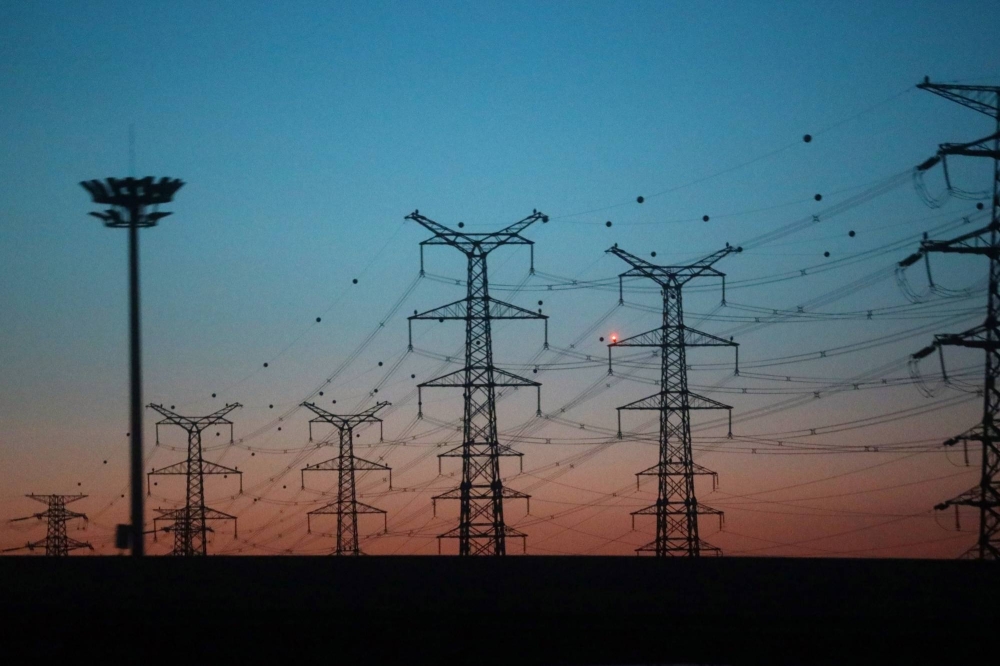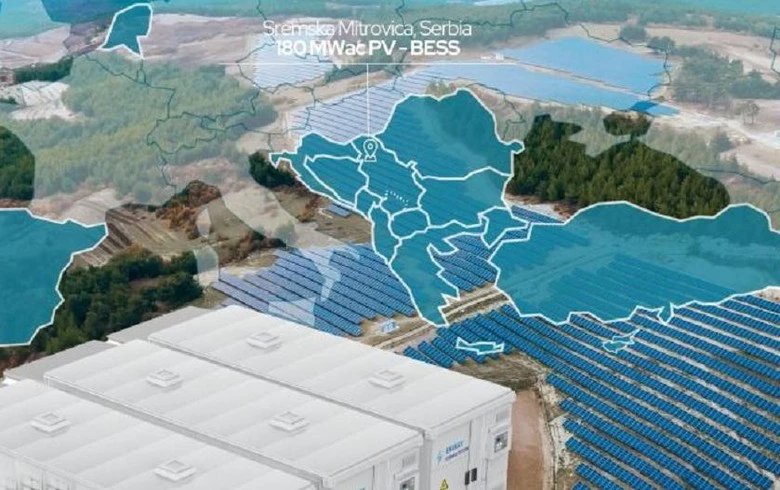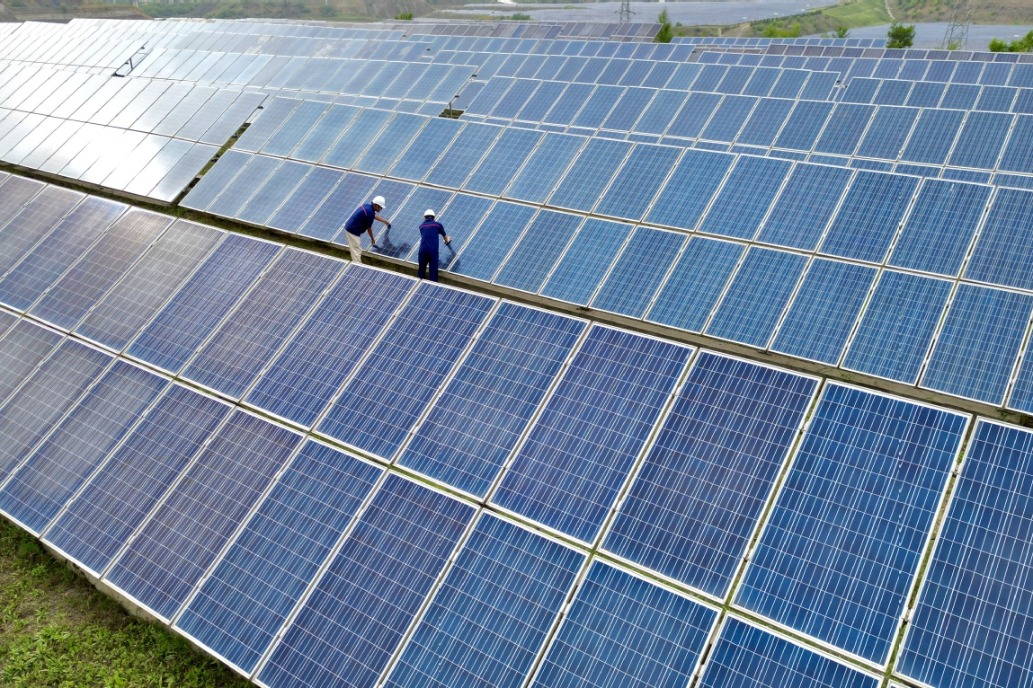Roshan Gharana Project to Provide Solar Panels to Millions
Punjab Chief Minister Maryam Nawaz announced a major initiative to combat high electricity bills. The ‘Roshan Gharana’ project aims to provide solar panels to Punjab residents who consume up to 500 electricity units monthly. This project is a significant step towards promoting solar energy and easing the burden of electricity costs on households.
The Punjab government will cover 90% of the cost of these solar panels, with the remaining 10% to be paid by the consumers. The solar panels will be available to millions of people through a five-year easy installment plan. This initiative demonstrates a strong commitment to green energy policies and reducing reliance on traditional electricity sources.
Relief Amid Energy Crisis
The Roshan Gharana project addresses the ongoing energy crisis and high electricity costs. “We will not leave our people alone in this difficult time,” stated Chief Minister Maryam Nawaz. She emphasized that the project aims to provide immediate relief, particularly to poor families, who will receive the solar panels first.
This move aligns with broader solar energy market trends and highlights the importance of energy storage and solar technology developments. By investing in solar energy, Punjab is taking a proactive approach to energy sustainability and security.
Aiming for Long-Term Stability
Chief Minister Nawaz assured the public that the government’s efforts would result in long-term stability. “The people will not face such a situation after the completion of this government after five years,” she declared. This statement reflects the government’s dedication to lasting solutions in the energy market.
The announcement of the Roshan Gharana project underscores the importance of solar energy investment and green energy policies in addressing current challenges. By focusing on solar technology and providing accessible solutions, Punjab is setting a precedent for sustainable energy development.
This initiative not only aims to alleviate immediate electricity cost burdens but also to foster a more resilient and sustainable energy market in the region.
Source:dunyanews.tv





